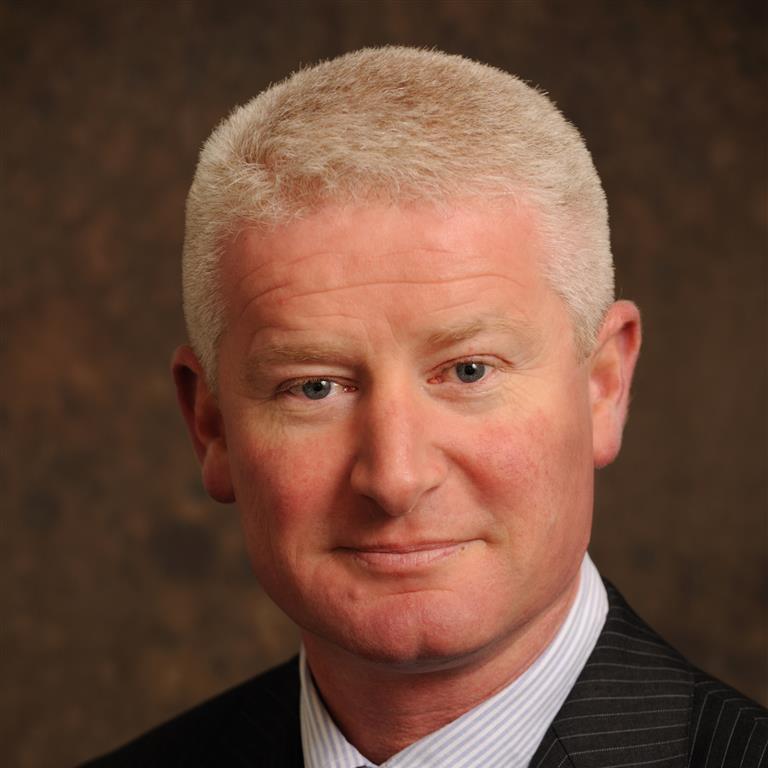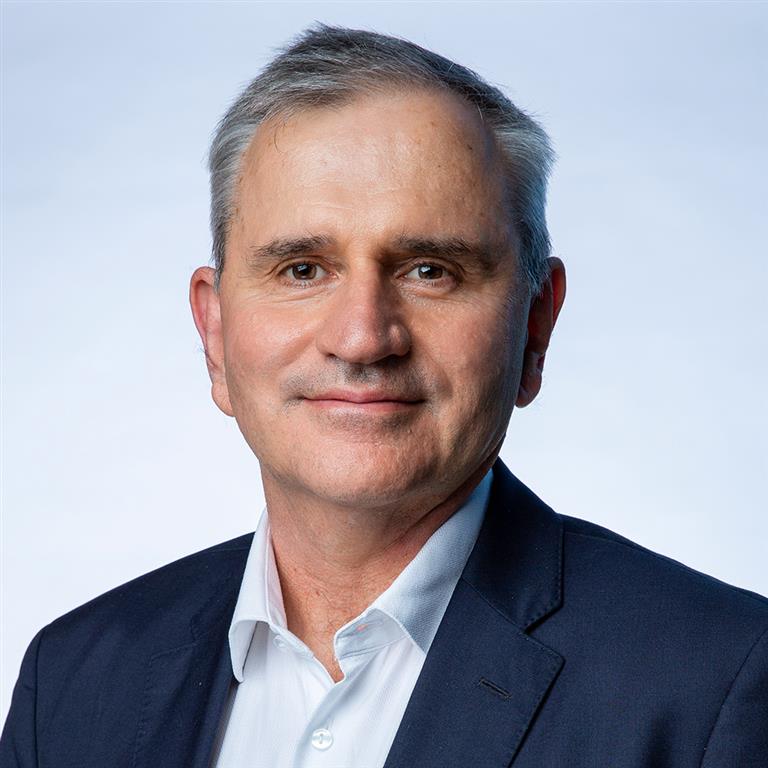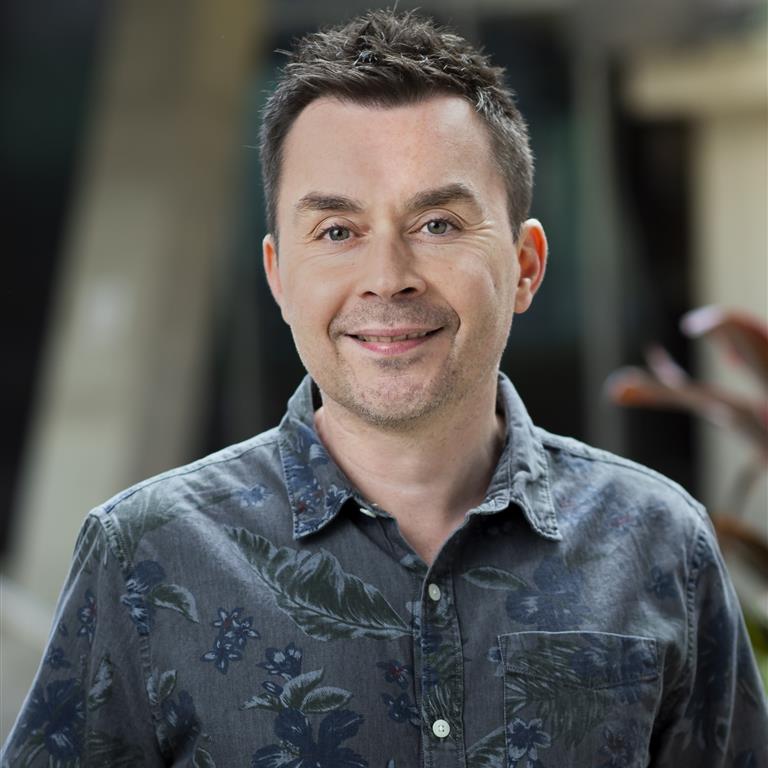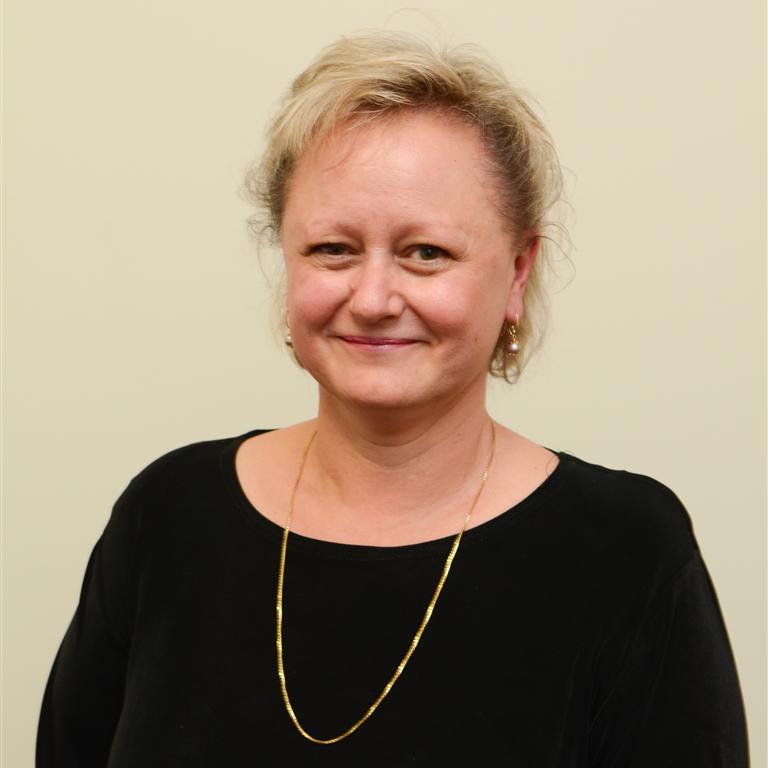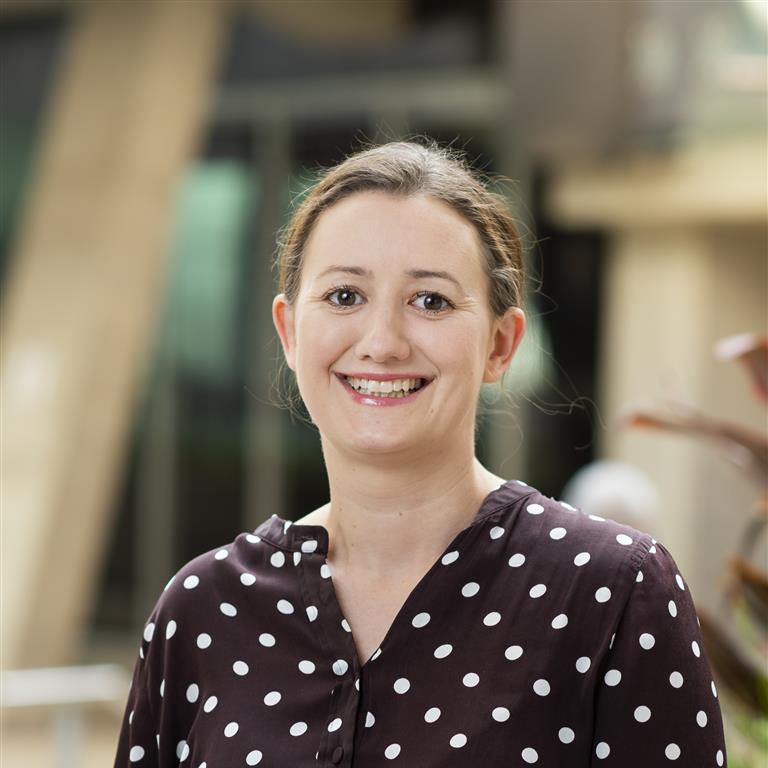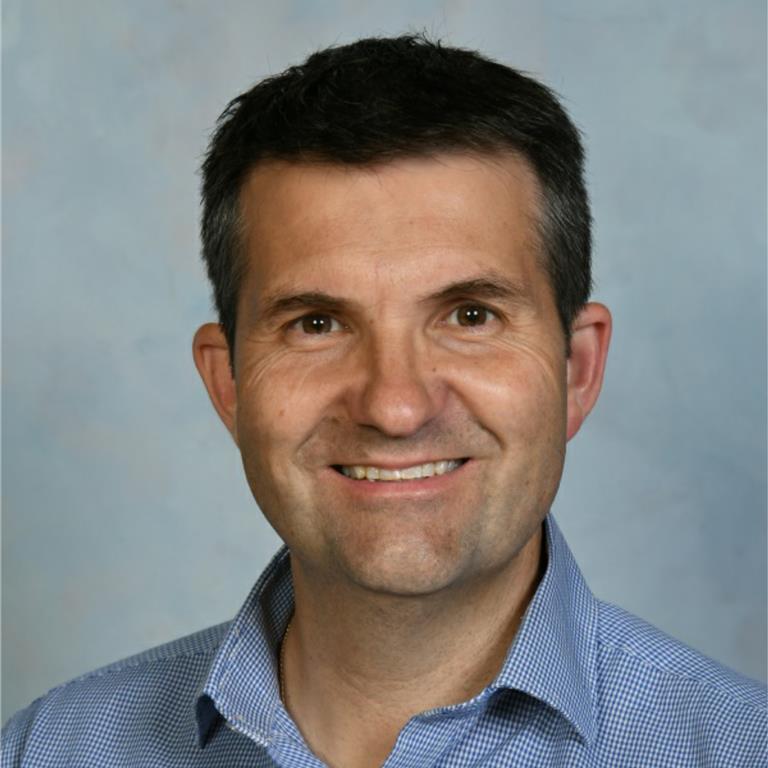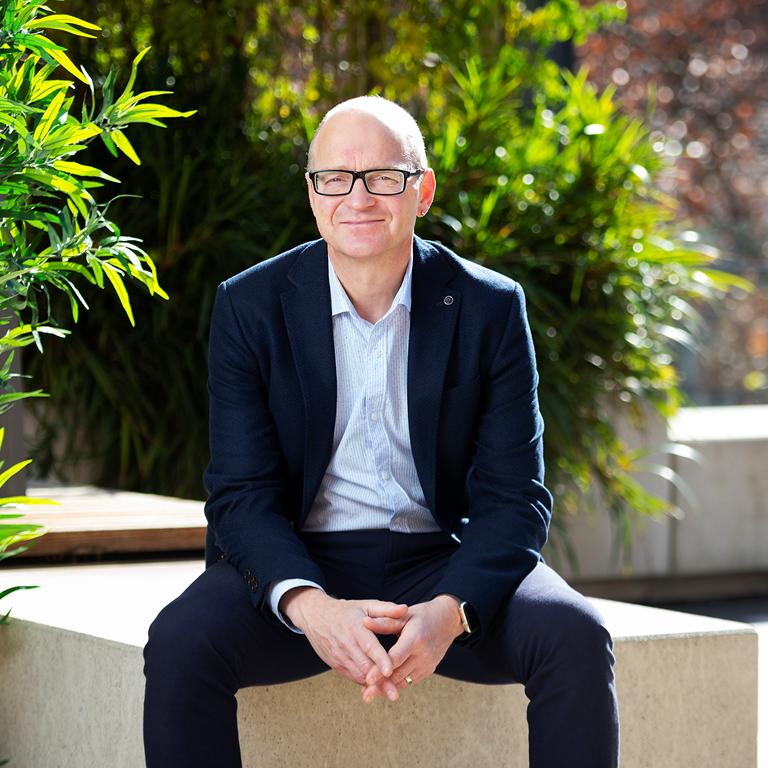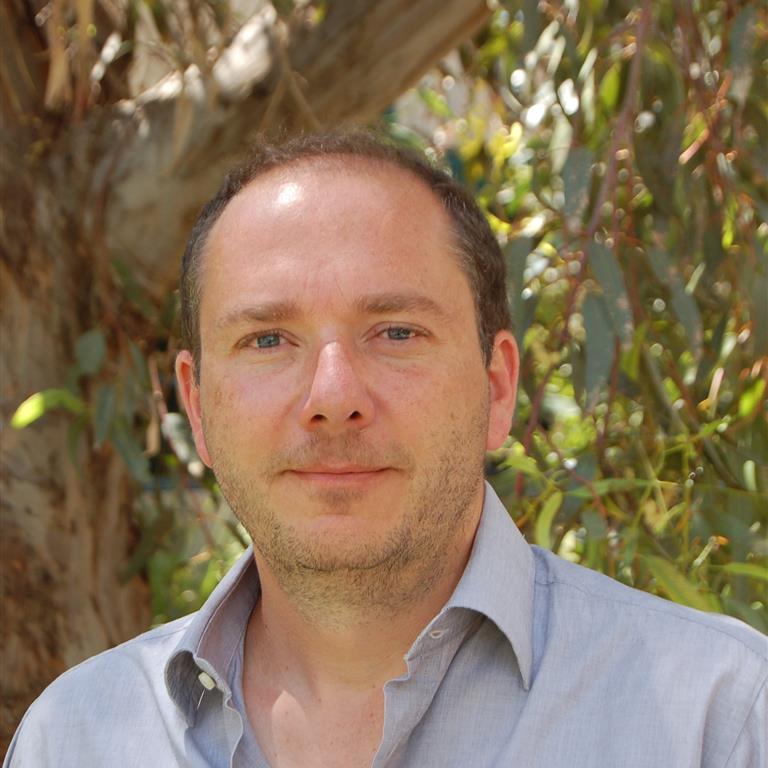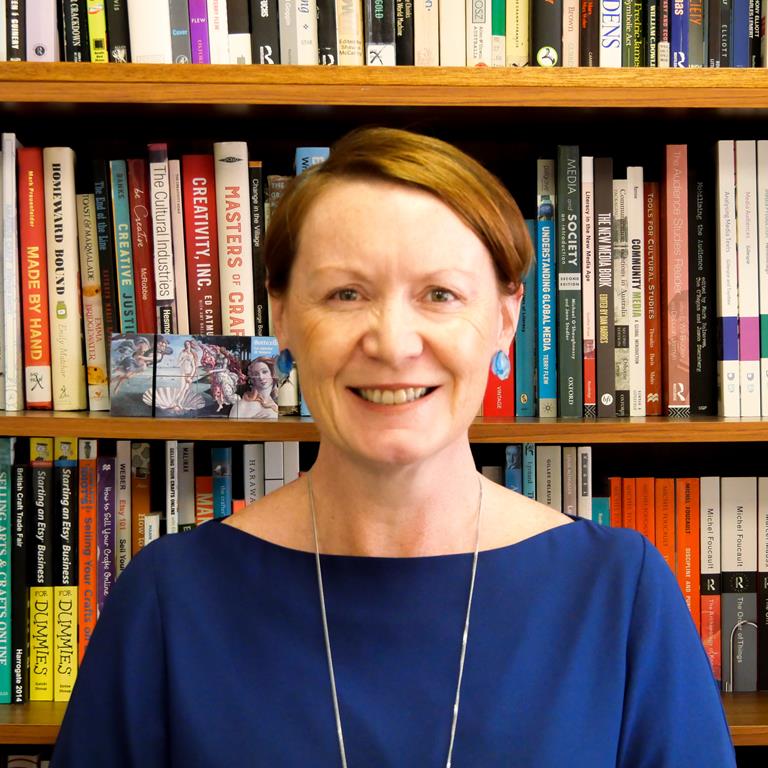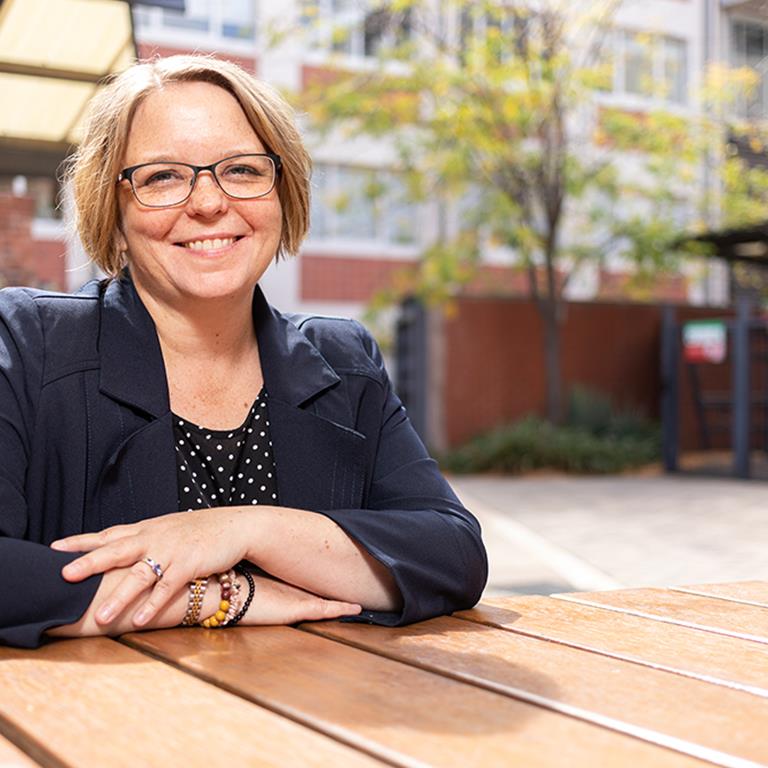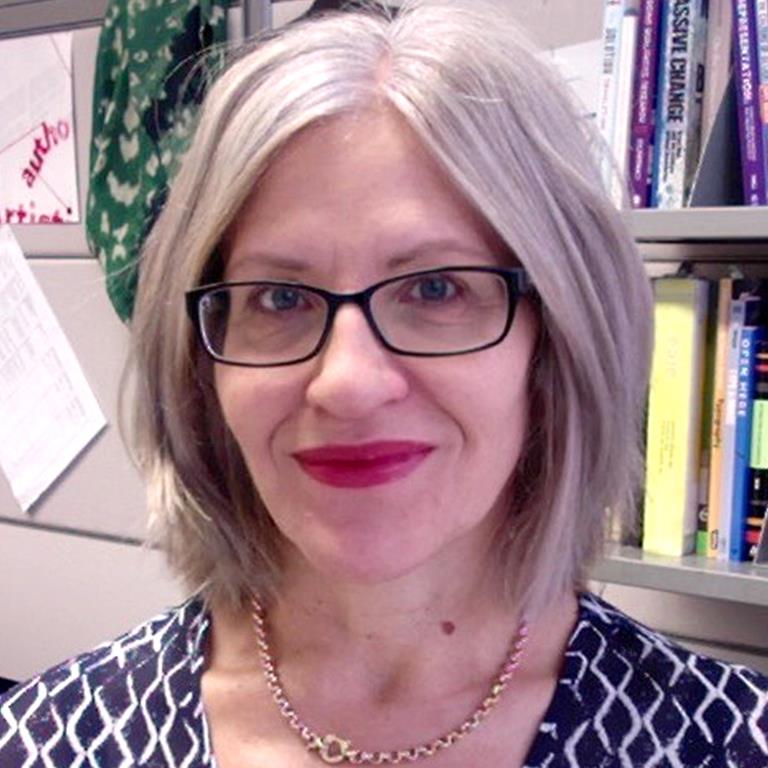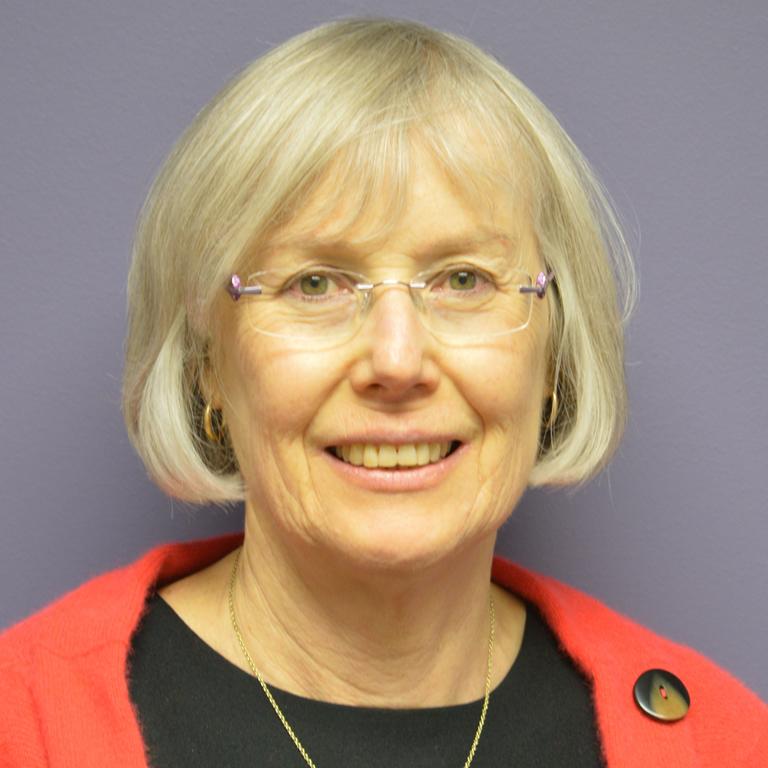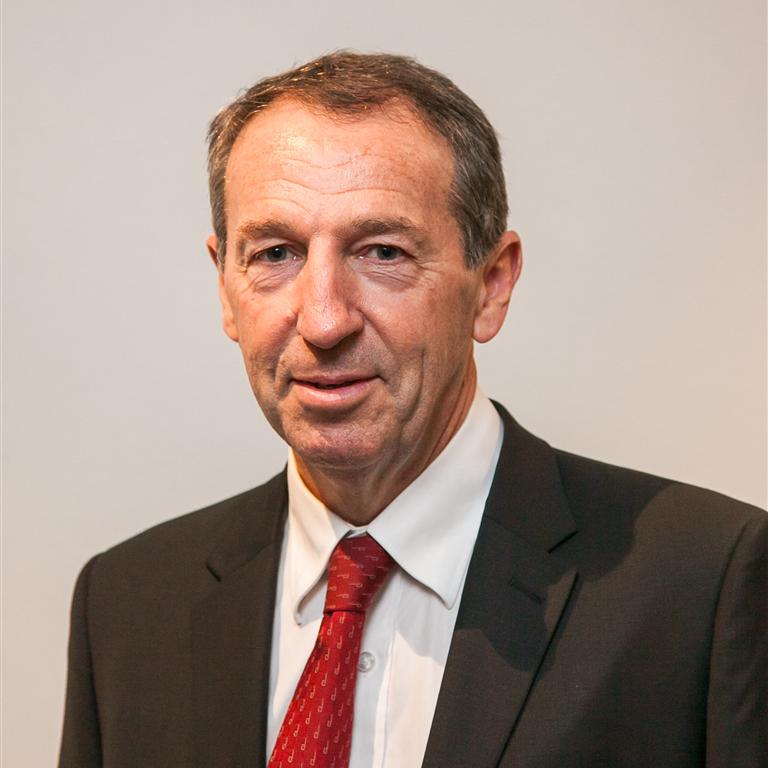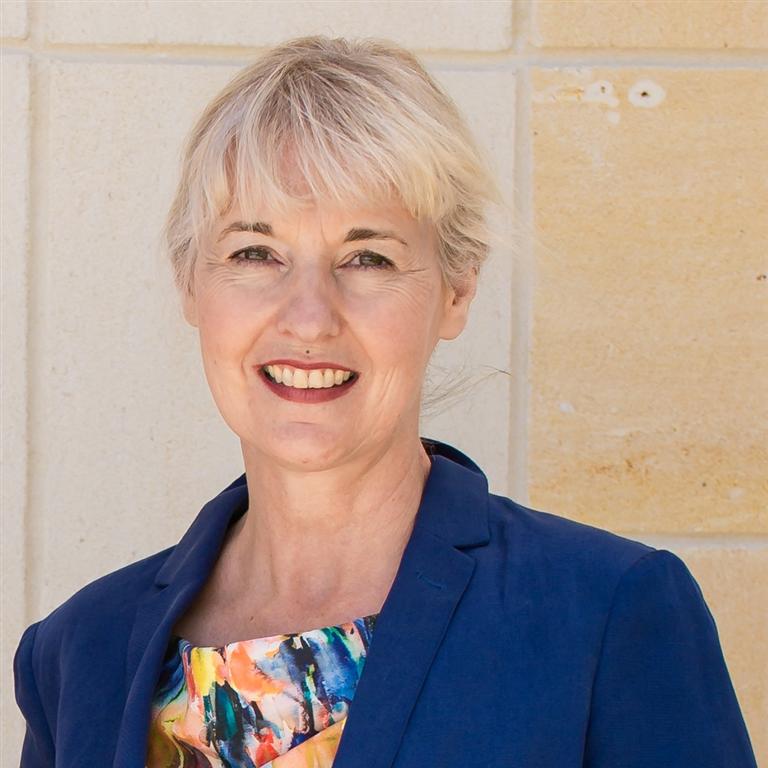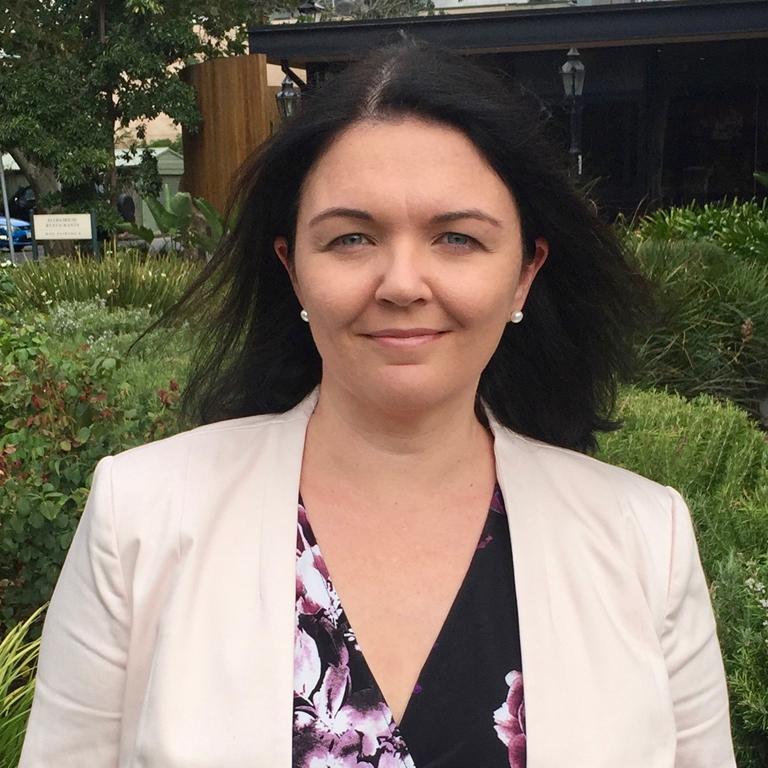Transforming our Academic Enterprise
A key commitment in the University’s strategic plan - Enterprise25 - is to introduce a program-focused organisational structure. We have an ambition to orient ourselves around our academic programs and ensure our resources are focused on the quality of our teaching, research and the student experience.
On Monday 6 April, the University transitioned to a single structural layer of seven Academic Units. The Academic Units are:
- UniSA Clinical & Health Sciences
- UniSA Allied Health & Human Performance
- UniSA STEM
- UniSA Creative
- UniSA Education Futures
- UniSA Justice & Society
- UniSA Business
Our new academic structure has been co-created following extensive consultation with staff, students and the wider University community and will provide the necessary foundation for the University to deliver on our key Enterprise25 strategic initiatives. This includes; delivering degrees of the future , fostering innovation and flexibility, investing in more student-facing staff, introducing new service delivery models, building our connections with industry, attracting great academic talent and aiding the transition to a consolidated campus footprint.
The University will move into a transition period until the end of June to allow us the time to fully settle into the new academic structure. This will include activities such as finalising recruitment processes and making the necessary updates to systems and processes.
Meet the new Executive team
A key component of the academic organisational transformation process is the introduction of a consistent and effective leadership and administrative structure across all seven Academic Units. Each Academic Unit comprises of a new suite of leadership positions; an Executive Dean, General Manager, Dean of Research and one or two Dean of Programs positions.
Executive Deans
The Executive Dean leads the Academic Unit in the high-quality delivery of academic programs and research to realise the University of South Australia's strategic intent as Australia's University of Enterprise.
General Managers
General Managers are responsible for managing the operations of the Academic Units, including leading and mentoring professional staff, planning activities, and working in partnership with the central administrative units.
Deans of Research
The Deans of Research work in collaboration with Professor Marnie Hughes-Warrington, the Deputy Vice Chancellor: Research & Enterprise, to implement the University’s research strategy and work towards research performance targets across their respective Academic Units. This includes overseeing the activities of research centres, concentrations and groups within their Academic Unit as well as the Academic Unit’s research degree programs.
Deans of Programs
The Deans of Programs provide senior leadership for a broad and diverse portfolio of academic programs, with accountability for the quality, performance and reputation of these programs. A priority for each Dean of Programs is to ensure UniSA’s programs are highly regarded by students, industry and national/international ranking agencies.
Academic Organisational Transformation Papers
-
Final Change Plan
On Monday 28 October 2019, the Final Change Plan was released to staff which presented the new internal academic structure, timelines for transition, employment principles, and processes. A high-level summary of this paper is available to download below.
To start our transition to a new academic structure, a series of implementation plans were released to staff to help guide and support us through the transition process. Our aim with our change implementation approach was to minimise the impact on staff and to the extent we are able, provide all Division and School staff with as much clarity as we can concerning the University’s direction and approach to transition to the new Academic Unit structures.
-
Change Proposal Paper
On Monday 16 September, a Change Proposal Paper was released to staff, marking the commencement of the formal change process. This proposal outlined a future academic structure that has been refined through extensive engagement and feedback with the University community. A high-level summary of the Change Proposal Paper is available to read below.
Staff were encouraged to provide their feedback on the proposal by Friday 4 October 2019 and as a result, more than 180 written submissions were received. The University’s senior management has reviewed each submission and has used this valuable input to refine the final new academic structure for the organisation.
-
Discussion Paper
The Discussion Paper formed the first stage of the academic transformation process providing initial details about the proposed academic organisational structure, composition and titles of the proposed new Academic Units, and outlines the transition approach. A series of discussion questions were also provided for consideration and feedback.
Feedback on the Discussion Paper closed on Friday 19 July. More than 150 submissions were received from staff, students, external advisory boards, alumni and industry and government representatives and a summary of the feedback is available to download below.
This feedback has been used to inform the academic structures and other aspects of the transformation reflected in the Change Proposal Paper and the Final Change Plan.
Frequently asked questions
-
What is the role of a Professorial Lead?
Professorial Leads will contribute to senior governance within and between the Academic Units in teaching, research and external engagement. Each Academic Unit will require between five and ten Professorial Leads who will take supervisory responsibility for academic staff.
An internal expression of interest process for the Professorial Lead positions is currently open for eligible staff, with a view to progressing appointments through the transition phase. All those who take up this opportunity will be provided with appropriate leadership and management programs to support their induction.
-
How has the feedback received on the Discussion Paper and Change Proposal Paper been used?
All feedback has been considered by the Enterprise25 Sponsoring Group, led by the Provost & Chief Academic Officer, Professor Allan Evans. This feedback helped to inform the Final Change Plan for our academic organisational transformation and the changes we need to make to our service delivery models, systems, policies and procedures.
-
Is this change process a cost cutting exercise?
Under Enterprise25, the University has ambitions to grow overall student and staff numbers, with a view to improving our student-academic staff ratio and through that our student experience and outcomes. Any reductions in expenditure on management positions achieved through this transition process will be reinvested in teaching and student-facing positions.
-
Why is the organisational transformation program focused on the University’s academic enterprise?
The organisational transformation program is focused on creating a program-focused structure, through creating new Academic Units. It is intended that the structures and service delivery arrangements for the University’s central administrative units will be reviewed as a later phase of activity, to ensure that our professional services appropriately align with and support the teaching, research and external engagement activities of our Academic Units.
-
What is the expected impact on current students?
It is not anticipated that current students should be subject to any disruption to their study and the change program will be designed to ensure minimum inconvenience. However, it is recognised that some reseearch degree students may experience minor changes as a result of the transition. Drop-in sessions have been offered to ensure they are fully supported throughout the transition.
-
Who will support research degree candidates in the new structure?
An Associate Dean (Research Education) reporting to the Dean of Research, in each Academic Unit will have the responsibility for supporting research degree candidates. There will also be ongoing support for research degree candidates from the Program Services Teams and academic staff who are Research Degree Coordinators or Research Education: Portfolio Leaders (REPLs) will continue.
-
Will students and staff be required to move campuses?
While we do envisage consolidating our metropolitan campuses over the life of Enterprise25 there are no plans for students to relocate between campuses as an outcome of the academic organisational transformation process. If there are future changes in the campus location of academic programs, changes will be in line with current processes of informing students well ahead of such changes.
Similarly, we do not envisage the requirement for the relocation of significant numbers of professional and academic staff. Nevertheless, some relocations between campuses will be inevitable (for example for staff who transition to a position that is based in a different location).
-
What will the transformation mean for staff and students based at our regional campuses?
The transformation is expected to have minimal impact on the staff and students based in the regions. Academic staff will continue to be part of the program that they currently support, even though that program will transition to a newly formed Academic Unit. Students will continue to receive support from their regional campus as well as professional staff within the relevant Academic Unit and central units.
Contact information
Questions and information can be provided to the sponsoring group at any stage via the project email:
enterprise25@unisa.edu.au.



